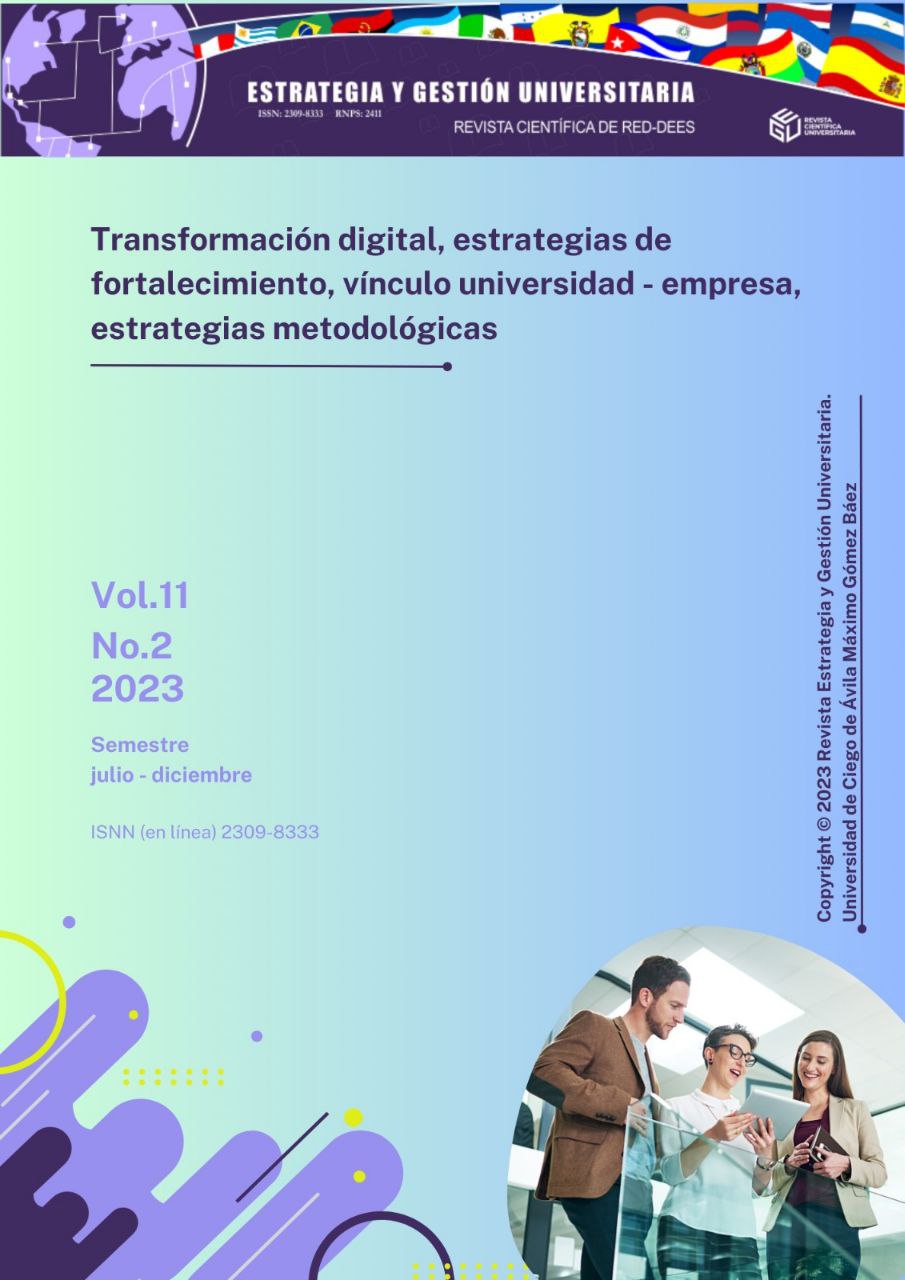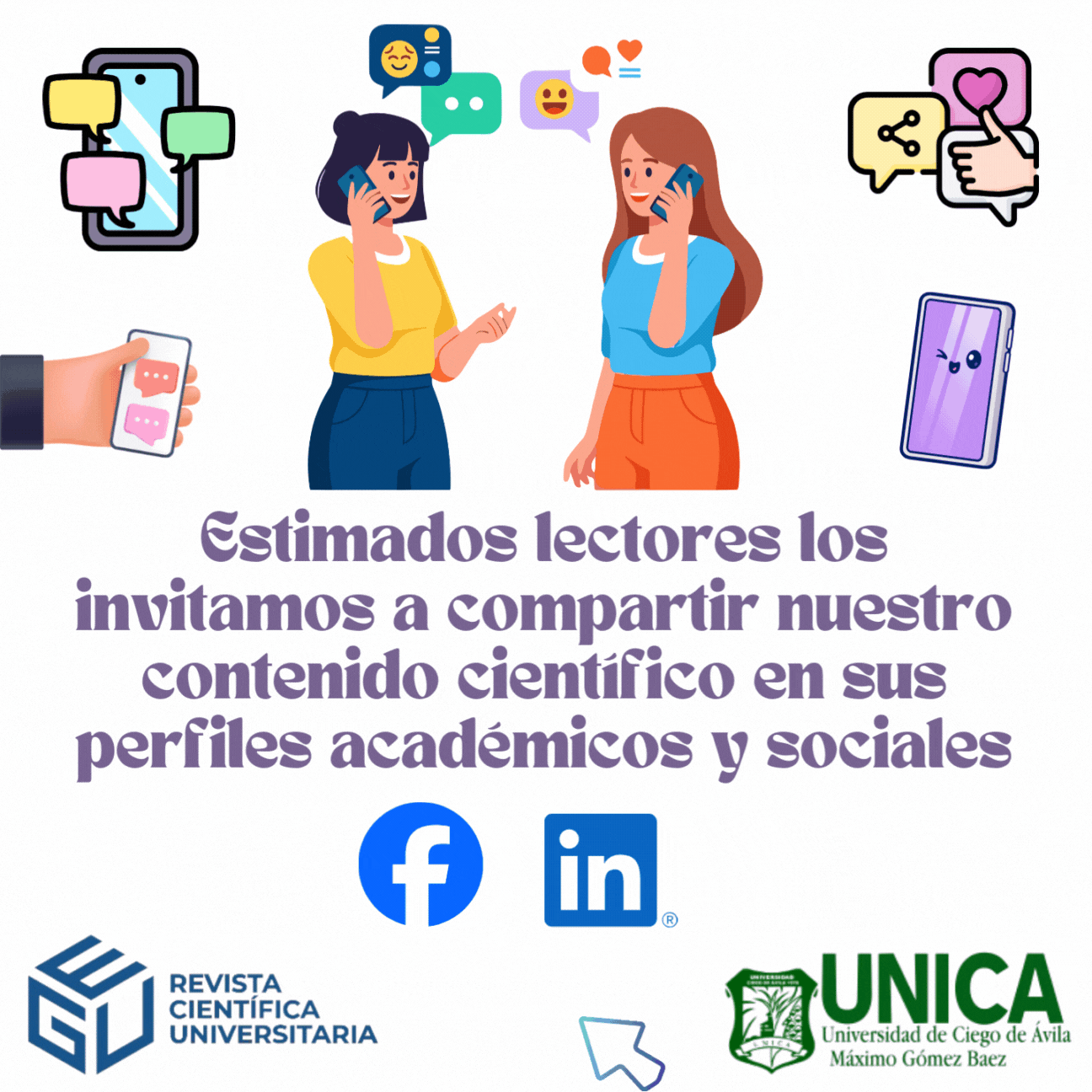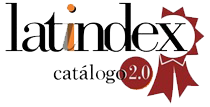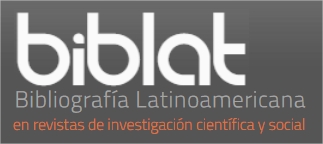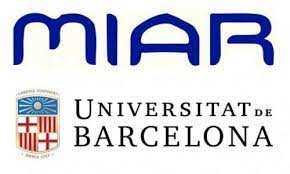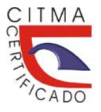Transition from results-based planning and management to a process approach in a university
DOI:
https://doi.org/10.5281/zenodo.10084882Keywords:
strategic planning, university processes, management, institutional qualityAbstract
Introduction: The National University Francisco Luis Espinoza Pineda places special emphasis on the application of quality management principles to fulfill its institutional philosophy. In this regard, it commits to steering a new course in strategic planning to transition from a results-based management approach to a process-based management approach, in order to meet strategic objectives and achieve student satisfaction. Objective: to describe the steps developed in this transition. Method: the technique of document analysis of workshop records developed for planning was used as the main methodological resource. Results: the change in strategic planning is evidenced, which was previously conceived based on the four substantive functions and is now elaborated into two strategic processes, three key processes, and six support processes, as reflected in the process map. Additionally, the Institutional Development Plan, the Institutional Strategic Plan, and the Annual Operational Plan are projected. Conclusion: the integration of all university stakeholders and change management through leadership and a culture of continuous improvement is achieved to attain optimal quality results.
Downloads
References
Almuiñas Rivero, J. L., & Galarza López, J. (2012). El proceso de planificación estratégica en las universidades: desencuentros y retos para el mejoramiento de su calidad. Revista Gestão Universitária na América Latina-GUAL, 5(2), 72-97. http://www.redalyc.org/articulo.oa?id=319327515006
Benavides, L. M. C., Tamayo Arias, J. A., Arango Serna, M. D., Branch Bedoya, J. W., & Burgos, D. (2020). Digital transformation in higher education institutions: A systematic literature review. Sensors, 20(11), 3291. https://doi.org/10.3390/s20113291
Berisha, E., Cotella, G., Janin Rivolin, U., & Solly, A. (2021). Spatial governance and planning systems in the public control of spatial development: a European typology. European planning studies, 29(1), 181-200. https://doi.org/10.1080/09654313.2020.1726295
Castanedo Abay, A. (2019). Modelo conceptual descriptivo para ejecutar una eficaz gestión por procesos, con garantía de calidad, en la Universidad del siglo XXI. Revista Cubana de Educación Superior, 38(2). http://scielo.sld.cu/pdf/rces/v38n2/0257-4314-rces-38-02-e11.pdf
Charret, A., & Chankseliani, M. (2023). The process of building European university alliances: a rhizomatic analysis of the European Universities Initiative. Higher Education, 86(1), 21-44. https://doi.org/10.1007/s10734-022-00898-6
Chersulich Tomino, A., Perić, M., & Wise, N. (2020). Assessing and considering the wider impacts of sport-tourism events: A research agenda review of sustainability and strategic planning elements. Sustainability, 12(11), 4473. https://doi.org/10.3390/su12114473
del Risco Machado, R., Noa Guerra, D., y Delgado Fernández, L. (2023). Cinco aportes desde la educación superior para la consolidación del turismo. Negonotas Docentes, (21), 43-56. https://doi.org/10.52143/2346-1357.949
Díaz Jiménez, A., & Mena Mujica, M. M. (2022). Política de gestión documental para la Universidad Central “Marta Abreu” de Las Villas. Investigación bibliotecológica, 36(92), 153-172. https://www.scielo.org.mx/scielo.php?pid=S0187-358X2022000300153&script=sci_arttext
Díaz Martínez, J. A., Hernández Morales, A. y Rodríguez Torres, E. (2023). La estrategia de lengua materna: una prioridad del proceso de formación inicial del profesional. Revista Estrategia y Gestión Universitaria, 11 (1), 48-59. https://doi.org/10.5281/zenodo.8021148
Fabregas Rodado, C. J. (2020). El líder transformador y el líder rutinario: sus manifestaciones en hombre y mujer. Ad-Gnosis, 9(9), 97–100. https://doi.org/10.21803/adgnosis.9.9.440
Fábregas-Rodado, C., Miranda-Passo, J., Londoño-Carpio, M., & Vargas-Peñaranda, M. (2023). Capacidades organizacionales requeridas en las industrias creativas del sector “hacedores del carnaval de Barranquilla”. Revista Económica, 11(2), 9–17. https://doi.org/10.54753/rve.v11i2.1681
Falqueto, J. M. Z., Hoffmann, V. E., Gomes, R. C., & Onoyama Mori, S. S. (2020). Strategic planning in higher education institutions: what are the stakeholders’ roles in the process? Higher Education, 79, 1039-1056. https://doi.org/10.1007/s10734-019-00455-8
Forliano, C., De Bernardi, P., & Yahiaoui, D. (2021). Entrepreneurial universities: A bibliometric analysis within the business and management domains. Technological Forecasting and Social Change, 165, 120522. https://doi.org/10.1016/j.techfore.2020.120522
Fuentes González, R. (2017). Modelo de planificación estratégica universitaria en el contexto de integración. Revista Científico-Metodológica, Edición especial, (1), 1-8. https://www.redalyc.org/articulo.oa?id=360670686006
García-Peñalvo, F. J. (2021). Avoiding the dark side of digital transformation in teaching. An institutional reference framework for eLearning in higher education. Sustainability, 13(4), 2023. https://doi.org/10.3390/su13042023
Gascón González, D., Noa Guerra, D., & Viera Álvarez, S. (2021). La gestión de la contribución territorial como fuente de financiamiento del desarrollo local en el municipio cubano. Revista cubana de ciencias económicas, 7(1), 138-151. https://www.ekotemas.cu/index.php/ekotemas/article/view/169
Hernández Belaides, H. J., y Miranda Passo, J. C. (2023). Factores determinantes en la motivación de empleados desde la responsabilidad social corporativa: estudio de caso en una empresa privada. Revista GEON (Gestión, Organizaciones Y Negocios), 10(1), e-855. https://doi.org/10.22579/23463910.855
Kuo, J. Y., Chen, C. H., Koyama, S., & Chang, D. (2021). Investigating the relationship between users' eye movements and perceived product attributes in design concept evaluation. Applied Ergonomics, 94, 103393. https://doi.org/10.1016/j.apergo.2021.103393
Mian, S. H., Salah, B., Ameen, W., Moiduddin, K., & Alkhalefah, H. (2020). Adapting universities for sustainability education in industry 4.0: Channel of challenges and opportunities. Sustainability, 12(15), 6100. https://doi.org/10.3390/su12156100
Monzón Pinglo, L. A., Dávila Cisneros, J. D., Rodríguez Torres, E., & Pérez Gamboa, A. J. (2023). La resiliencia en el contexto universitario, un estudio mixto exploratorio. Pensamiento Americano, 16(31), 1-15. https://doi.org/10.21803/penamer.16.31.636
Opazo, P. B., Díaz, V. E., & Lemaitre, M. J. (2019). Análisis Institucional un instrumento para la gestión eficaz. Centro Interuniversitario de Desarrollo CINDA. Centro Interuniversitario de Desarrollo https://cinda.cl/wp-content/uploads/2019/09/analisis-institucional-un-instrumento-para-la-gestion-eficaz.pdf
Parra López, H. M., Martínez Lozano, J. J., & Vergel Ortega, M. (2013). Modelo Plan de Desarrollo en Instituciones de educación Superior: Caso UFPS. Logos, Ciencia y tecnología, 4(2), 7-14. https://www.redalyc.org/pdf/5177/517751544019.pdf
Rodríguez Torres, E., Gómez Cano, C. A., & Sánchez Castillo, V. (2022). Management information systems and their impact on business decision making. Data and Metadata, 1, 21. https://doi.org/10.56294/dm202221
Rodríguez Torres, E., Pérez Gamboa, A. J., & Camejo Pérez, Y. (2023). La formación del liderazgo distribuido en la intervención a favor del patrimonio cultural. Transformación, 19(2), 317-336. http://scielo.sld.cu/scielo.php?script=sci_arttext&pid=S2077-29552023000200317&lng=es&tlng=en
Rodríguez, E. (2022). El proceso de formación del liderazgo en dirigentes estudiantiles universitarios. Opuntia Brava, 14(3), 27-37. https://acortar.link/Bj2Z85
Rodríguez-Torres, E., Pérez-Gamboa, A. J. & Camejo-Pérez, Y. (2023). Formación del liderazgo distribuido en los estudiantes de la carrera Gestión Sociocultural para el Desarrollo. Atenas, (61), e10942, 1-13. http://atenas.umcc.cu/index.php/atenas/article/view/778
Romero Fernández, A. J., Alonso González, I., Álvarez Gómez, G., & Latorre Tapia, F. (2019). Gestión de la calidad de los procesos universitarios. Espacios, 40(31). https://www.revistaespacios.com/a19v40n31/a19v40n31p27.pdf
Schindler, S., & Kanai, J. M. (2021). Getting the territory right: Infrastructure-led development and the re-emergence of spatial planning strategies. Regional Studies, 55(1), 40-51. https://doi.org/10.1080/00343404.2019.1661984
Solesdipa Rodríguez, X. E., Chilán Regalado, M. L., & Santistevan Villacreses, K. L. (2018). Seguimiento y evaluación de la planificación estratégica y su incidencia en el desarrollo institucional, caso: Universidad Estatal del Sur de Manabí. Revista Científica Ciencia y Tecnología, 18(17). https://doi.org/10.47189/rcct.v18i17.142
UNFLEP (2022). Proyecto Institucional. Aprobado en Sesión Ordinaria No. 07 – 2022 del Consejo de autoridades de la Universidad Nacional Francisco Luis Espinoza Pineda. Estelí Nicaragua
UNFLEP. (2015). Plan Estratégico Institucional 2016-2021. Estelí, Nicaragua.
UNFLEP. (2021). Evaluación Plan Estratégico Institucional 2016-2021. Estelí, Nicaragua.
Yasunaga, T., Fontaine, K., & Ikegami, Y. (2021). Performance evaluation concept for ocean thermal energy conversion toward standardization and intelligent design. Energies, 14(8), 2336. https://doi.org/10.3390/en14082336
Published
How to Cite
Issue
Section
License
Copyright (c) 2023 Estrategia y Gestión Universitaria

This work is licensed under a Creative Commons Attribution-NonCommercial-ShareAlike 4.0 International License.

